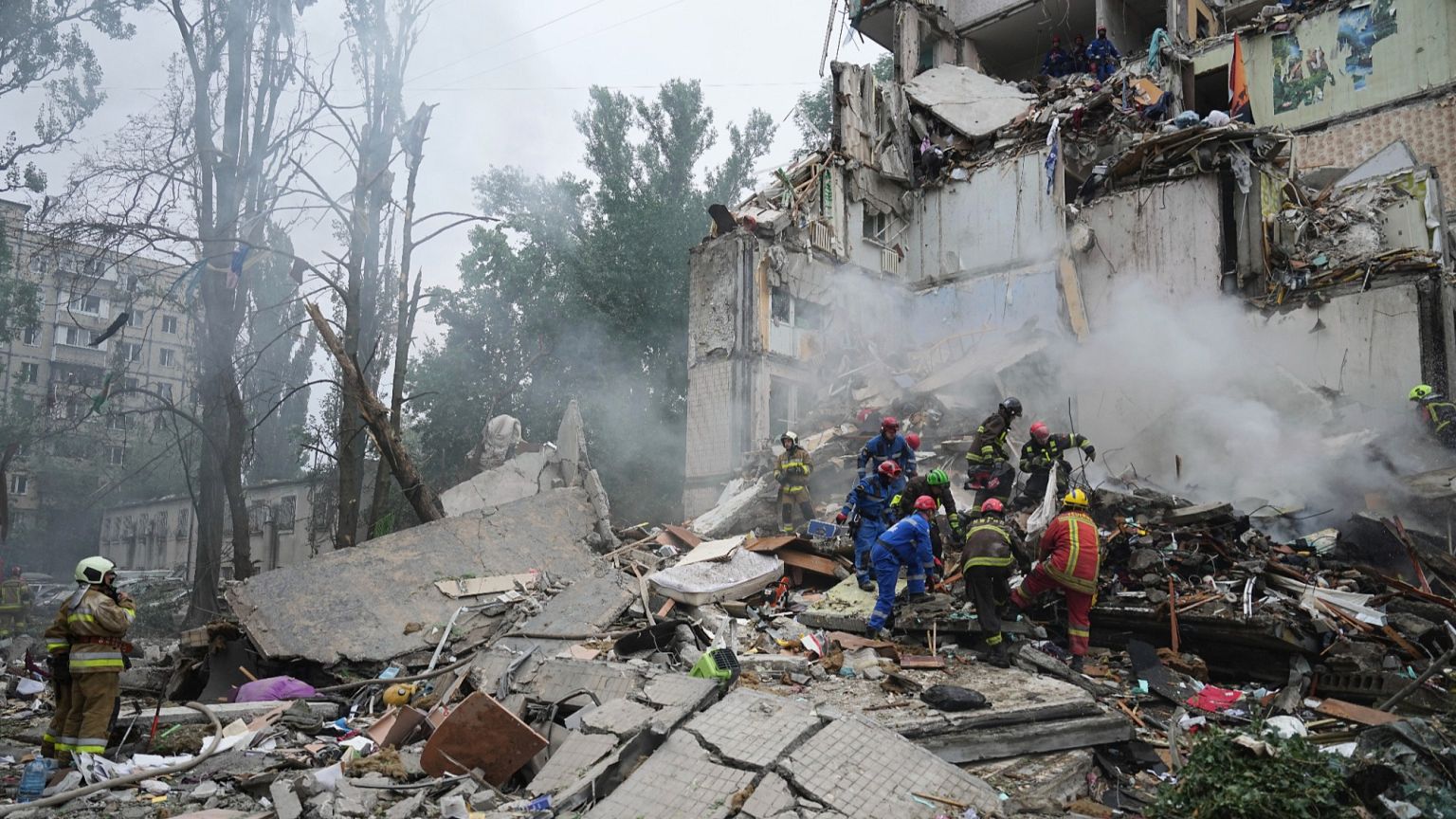The devastating impact of ongoing geopolitical tensions was underscored recently by a significant aerial assault on a major Eastern European capital, resulting in a tragic loss of life, including young children. This harrowing event has drawn widespread condemnation and renewed calls for international intervention and increased diplomatic pressure.
Authorities confirmed that the deadly ordnance deployment claimed the lives of at least 31 individuals, among them five innocent children, with one as young as two years old. Furthermore, the assault left 159 people injured, including 16 minors, highlighting the profound human cost of these protracted regional conflicts.
A prominent leader of the affected nation swiftly denounced the aggression as “vile,” emphasizing that such acts unequivocally demonstrate the urgent necessity for a more robust international stance against unprovoked violence. This leader reiterated calls for augmented global pressure and the imposition of additional measures to deter future hostilities.
Reports indicate a staggering escalation in the deployment of various aerial munitions, with thousands of glide bombs, drones, and numerous missiles of different types being utilized over a recent single month. This data points to a sustained and intensive pattern of engagement, exacerbating an already dire humanitarian situation.
Amidst these escalating tensions, an influential former global leader has reportedly expressed profound frustration regarding a particular entity’s persistent refusal to fully commit to a de-escalation agreement. This figure has actively sought to reduce the timeframe for reaching a temporary cessation of hostilities, shortening it from several weeks to just over a week.
The same influential voice has also conveyed intentions to impose more stringent economic measures should the persistent refusal to agree to even a temporary halt in the ongoing conflict continue. This demonstrates a growing global impatience with the enduring conflict, now well into its fourth year, and a desire to see tangible steps towards peace.
Despite these international efforts and potential deterrents, the nation’s air defense forces reported intercepting the vast majority of recently launched unmanned aerial vehicles and missiles. However, the capital still experienced multiple devastating impacts from cruise missiles, underscoring the relentless nature of the assaults.
In a profound gesture of solidarity, the nation’s foreign minister has directed embassies worldwide to establish condolence books, inviting expressions of grief and support from the international community. This move underscores the deep impact of the events and the global call for empathy and understanding.
The minister further articulated the nation’s profound appreciation for every sincere message and act of solidarity, while also stressing the critical importance of concrete, decisive actions from the international community. These actions are seen as vital steps towards halting the aggressions and re-establishing a just and lasting peace in the region.






Leave a Reply